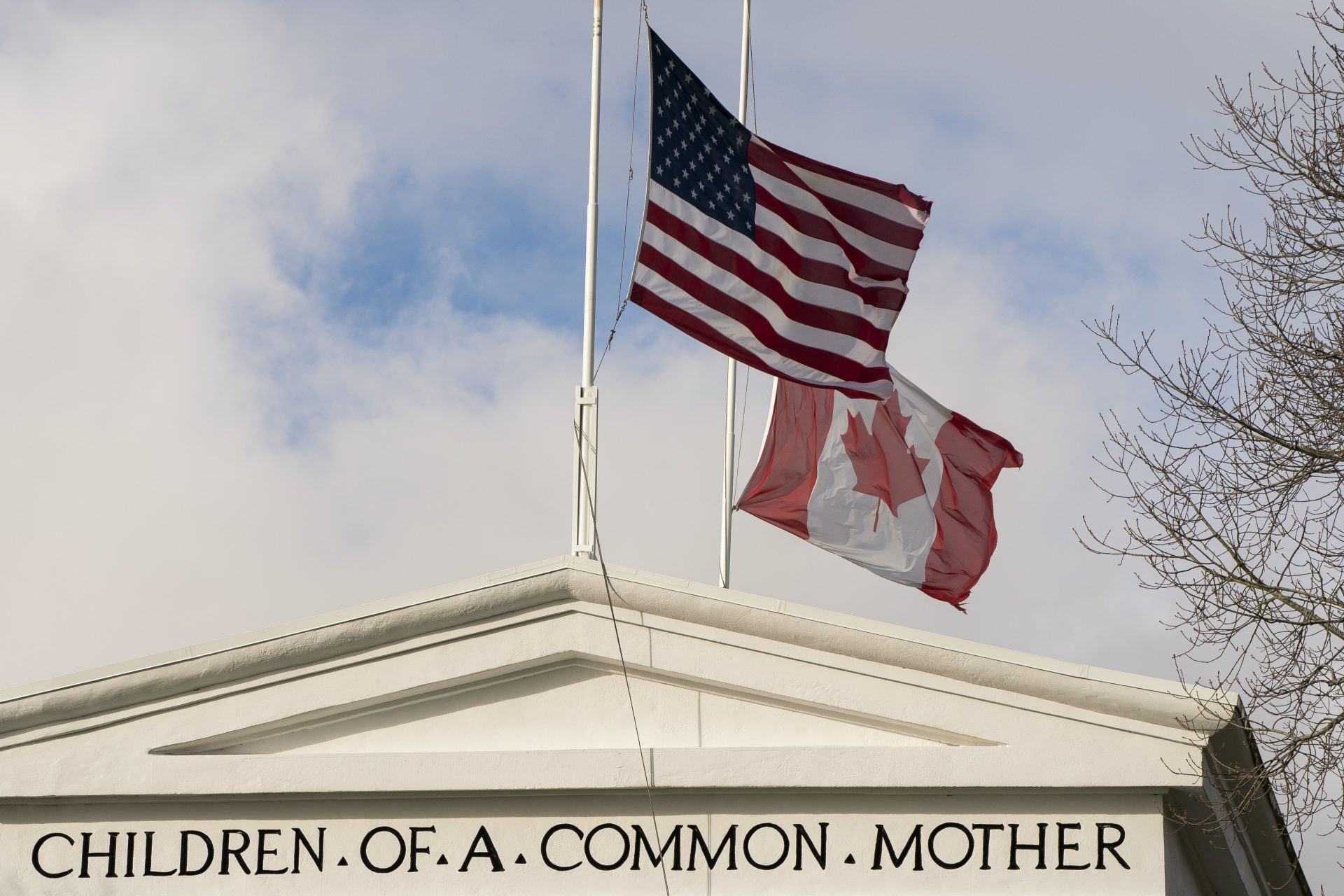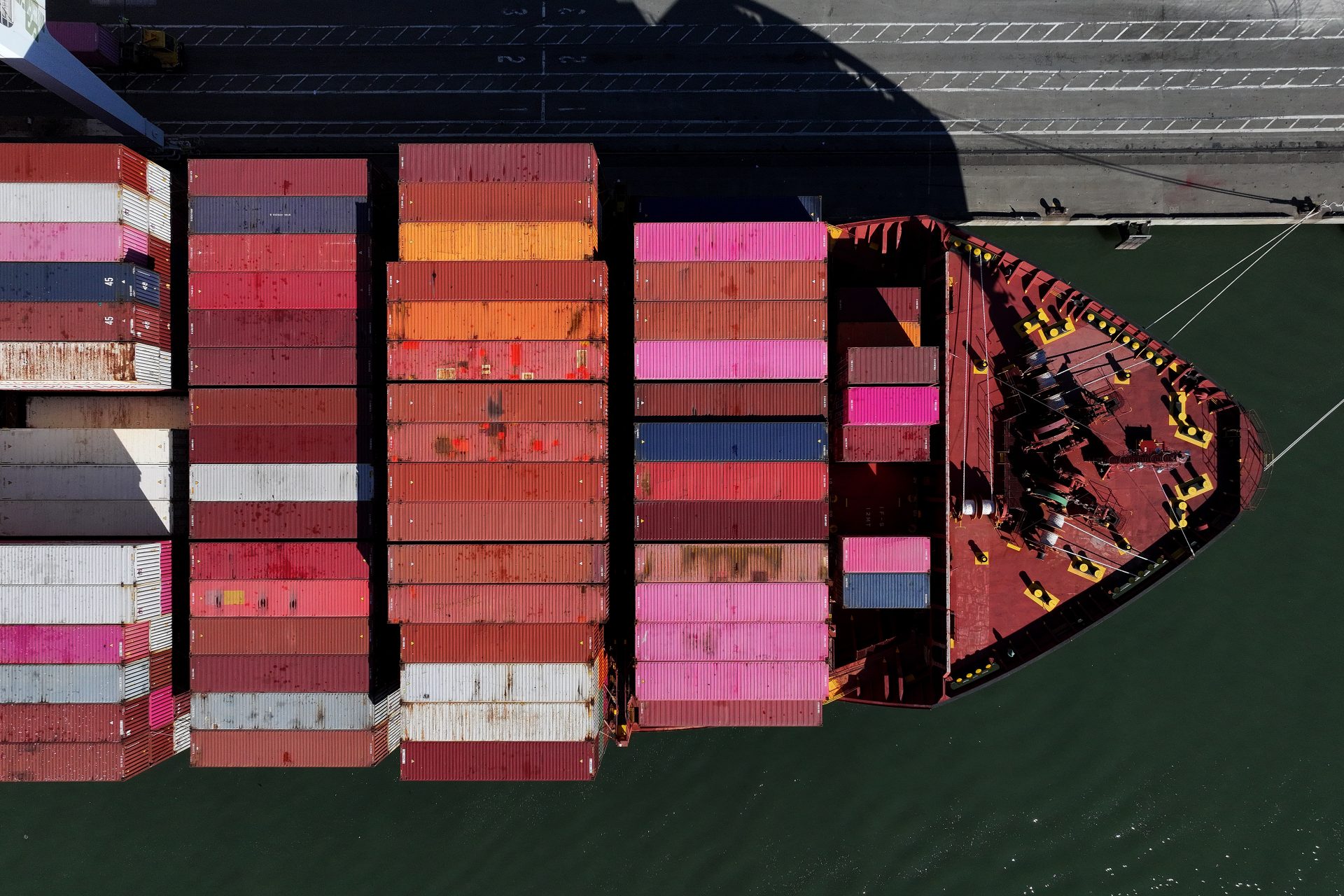Self-checkout systems are the new battleground for shoppers and retailers
Self-checkouts are apparently becoming the next flash point for a new conflict between consumers and retailers in Canada as shoplifting across the country has increased and businesses have turned to receipts checks at their exits to help avoid mounting losses.
Inflation and cost of living increases across Canada found the country’s grocery giants in hot water over alleged claims of price gouging, an issue which led a parliamentary commission to recommend a windfall tax on grocers according to a Toronto Star report.
In April, Statistics Canada reported grocery prices had risen 9.1% over the course of just one year. That was down from the previous month’s number of 9.7% and held basically steady into May where the year-over-year increase was pegged at 9.0%.
Unfortunately, the government’s tax solution to the rising cost of products in Canada hasn’t stopped some of the country’s more morally flexible citizens from taking what they need without paying for it while using self-checkout aisles as accomplices to their crimes.
Shoplifting has been on the rise in Canada since at least December according to CTV News, which ran a report near the end of last year where they spoke with insiders who linked the rising costs in grocery stores to increases of shoplifting around the country.
"There is a correlation between the two, absolutely. Theft is an ongoing issue. But the intensity actually does increase when food prices go up," explained Sylvain Charlebois, senior director of the Agri-Food Analytics Lab at Dalhousie University in Halifax.
It isn’t just anecdotal evidence showing shoplifting has been getting worse. The Retail Council of Canada told CBC News shoplifting is on the rise and that the organization’s been working with retailers across the country to help mitigate their losses from theft.
One major solution adopted by not only the country’s grocers but some of its biggest box stores has been the randomized checking of receipts for customers that have used the self-checkout aisle. But the security measure has caused a backlash from shoppers.
"It made me feel like a suspect, like I had done something wrong," Brian Simpson told CBC News about his experience. "I don't like that they're ... painting us all with the same brush, that they're assuming that everyone who uses self-checkout is going to steal."
Simpson was shopping at one of the country’s most recognizable big box stores when he was approached by a security guard after using the self-checkout aisle. The guard allegedly blocked Simpson’s exit and demanded to see the man’s receipt.
"I was really disgusted,” John McCracken told CBC News in June after Loblaw’s rolled out its randomized receipt checks in a number of the company-owned chains. “I thought it was really adding insult to injury after all the price gouging."
Shoppers were immediately enraged with the company’s new measures to cut down on thieves who use self-checkout machines as a means to make it look as if they’re paying for their items when in reality they’re using a trick to get big discounts on purchases.
CBC News spoke with Adrian Beck, a criminologist who has been studying self-checkouts for more than a decade and he explained people are better adept at using self-checkout systems now which means they’re also better at finding ways to abuse the machines.
"We've got a larger proportion of people using them,” Beck explained, “and quite a lot of people now are feeling more comfortable about how you might be able to use and abuse these systems."
One way in which some consumers are abusing self-checkouts according to Beck is by scanning items of more expensive produce at a cheaper price. The example used was scanning grapes as if they were carrots.
Another way people are scamming self-checkout systems is through a trick called skip scanning according to an investigator named Tom Doyle who CBC News spoke with for their report into the growing issue with self-checkout systems in Canada.
Doyle explained that skip scanning might see someone scan a bag of oranges but put something like steak directly into their shopping bags to help make their bill cheaper. "If there's $200 worth of groceries, they might pay $50,” Dalton said.
Whether or not employing randomized receipt checks is the best way to catch thieves who are scamming self-checkout systems is up for debate. It’s certainly a major turn off for some consumers and ads gives shoppers another reason to fume over prices.
More for you
Top Stories































